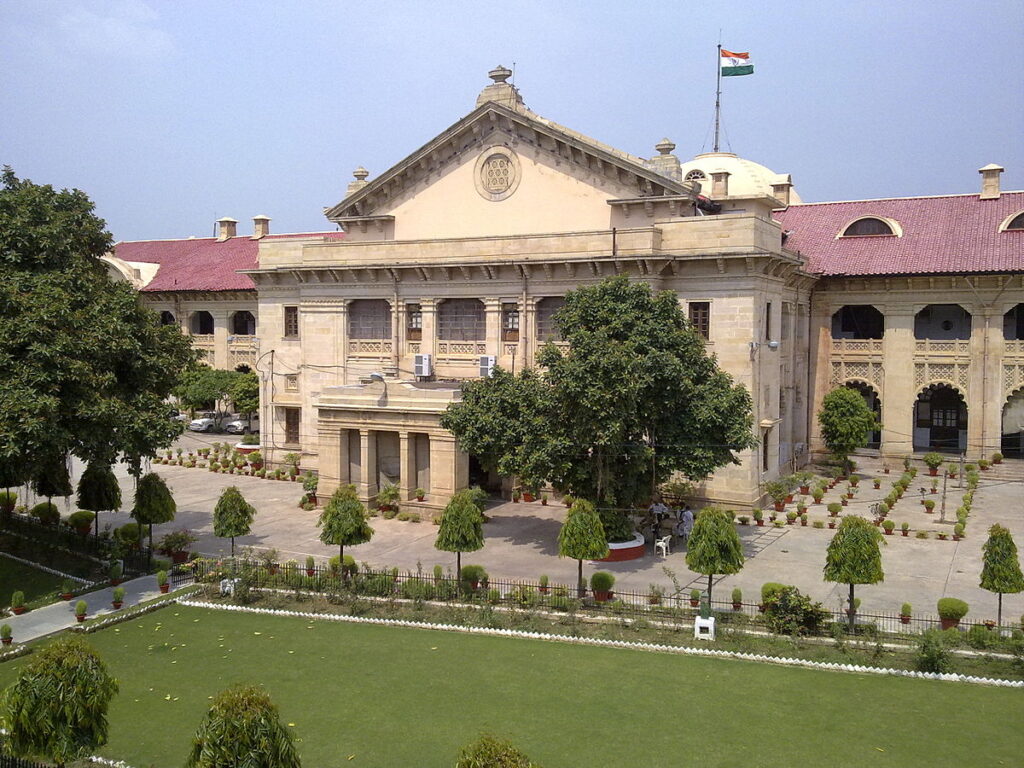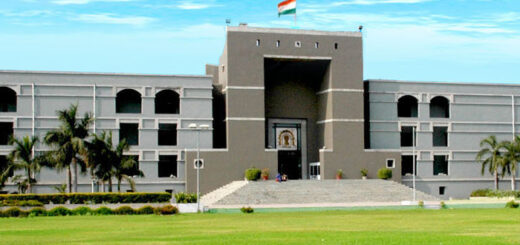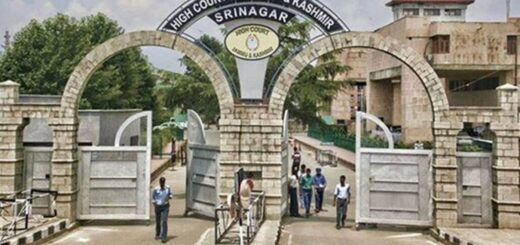Trial courts worry about the consequences from higher courts. They often issue conviction judgments to protect their reputation and career opportunities, according to the Allahabad High Court.

The Allahabad High Court stated that Trial Courts often fear the reactions of higher courts and may issue judgments and convictions mainly to protect their own reputations and career opportunities. This comment was made during a criminal appeal against a conviction by the Additional Sessions Judge III in Jalaun for alleged murder. A Division Bench, including Justice Siddharth and Justice Syed Qamar Hasan Rizvi, noted that a significant amount of public resources, time, and effort go into preparing reports by Law Commissions, yet the government seldom accepts their recommendations. Records indicate that only about one-third of these reports are accepted. The Court emphasized that the 277th Report of the Law Commission should have been accepted, as trial courts often convict individuals in serious cases out of fear of higher courts, even when acquittal is clear. They do this to protect their own reputations and career prospects.
The Bench remarked that a false accusation and the subsequent trauma are events that cannot be adequately compensated by any court in monetary terms. Advocate Amar Singh Kashyap represented the appellant/accused, while AGA Manju Thakur represented the respondent/State. According to the prosecution, two years prior, the deceased had married the appellant/accused, but the accused and his family expressed dissatisfaction with the dowry provided. Following the marriage, they demanded additional items, including a motorcycle, a gold chain, and Rs. 1 lakh, ultimately sending the deceased back to her parental home. Upon learning of the situation from his daughter, the informant (father) visited the accused’s residence and communicated his inability to meet their demands. After leaving his daughter with them, he returned home. Subsequently, the accused’s family made numerous phone calls insisting on the dowry, and it is alleged that they later killed his daughter, a fact that was reported to the informant.
The informant arrived at the location and filed the FIR against the accused individuals. As a result, the Trial Court found the accused guilty under Section 316 of the Indian Penal Code (IPC) and sentenced them to five years of rigorous imprisonment, along with a fine of Rs. 1,000/-. They were also convicted under Section 302 IPC, receiving a life sentence and an additional fine of Rs. 1,000/-; if the fine was not paid, there would be an extra two months of imprisonment. Dissatisfied with the outcome, the accused appealed to the High Court. The High Court observed that “Private Law Remedy for the tort of malicious prosecution is not an effective remedy for victims due to the low likelihood of success. The slow pace of civil cases and the costs involved make this option impractical for victims.” The Court further stated that police officers who intentionally frame someone, ignore legal directions (Section 166 IPC), or create documents to harm others (Section 167 IPC) can face criminal charges under the IPC. “Any actions leading to wrongful prosecution can be addressed criminally to hold accountable both state officials and private individuals who initiate malicious prosecutions. The definitions of wrongful conduct in Chapters IX and XI of the IPC can assist constitutional and civil courts in understanding how wrongful prosecutions occur, especially when there is a failure to follow legal procedures for investigation, inquiry, and trial.”
The Court stated that rather than establishing special courts for compensation claims as suggested by the Law Commission, it is more practical for the existing court that acquits the accused—whether it is a trial, appellate, or revisional court—to handle these claims. The Court mentioned that similar to the provisions for compensating crime victims (Sections 357 and 357A of the Code of Criminal Procedure or the equivalent sections 395B.N.S.S. and 396B.N.S.S.), the court that acquits the accused should have the authority to address compensation claims quickly and efficiently. It noted that an acquittal can feel like a death of the individual’s identity, making it hard for them to return to normal life, and the lost years cannot be restored. The Court emphasized that both the individual and their family suffer due to the criminal justice process. Monetary compensation cannot erase the wrong done. Innocent people often endure years of unnecessary imprisonment while waiting for bail or appeal decisions. Even if they are eventually acquitted, they may struggle to reintegrate into their families and communities, as their roles may have been taken over by others during their absence.
The Court highlighted that the State can offer financial compensation to those wrongfully accused, which may help ease their situation and prevent them from being a burden on their families after being cleared of false charges. It noted that the families of these individuals also endure a lengthy and costly legal process, which can feel like a significant punishment in itself, sometimes leading to a loss of their means of living while defending their loved ones in various courts. The government has yet to act on the recommendations from the 277th report of the Law Commission, resulting in ongoing violations of Articles 14 and 21 of the Constitution of India for those wrongfully prosecuted and punished. Furthermore, the recently introduced Bhartiya Nagrik Suraksha Sanhita, 2023 does not address the needs of these unfortunate individuals in relation to Articles 14 and 21. As a result, the High Court granted the appeal and overturned the conviction of the accused.
Cause Title- Upendra @ Balveer v. State of U.P. (Neutral Citation: 2024:AHC:172173-DB)
Appearance:
Appellant: Advocates Amar Singh Kashyap, Ajay Sengar, and S.P. Lal.
Respondent: AGA Manju Thakur









